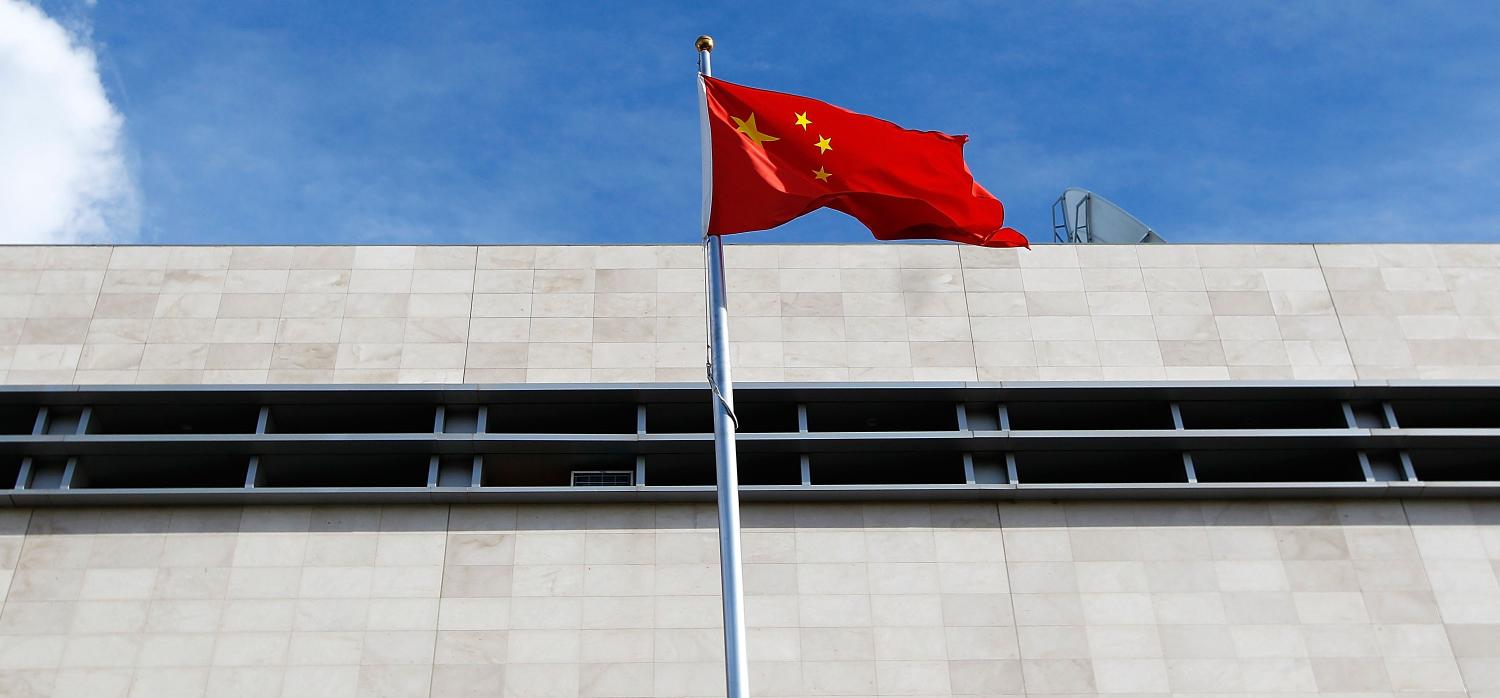Chinese President Xi Jinping's speech at Davos in January presented China as the natural protector of the global order after the abdication of the US from the position. Premier Li Keqiang's four-day visit to Australia (which starts today) will demonstrate that China is still keen on presenting itself to the world in this light.
According to Chinese media and government officials, the main goal of Li's visit is to reassure Australia that there is 'nothing to be afraid of' and that there are many areas for future cooperation between the two countries. As Li himself outlines in an op-ed for The Australian, his visit comes in uncertain times:
Given the less than desirable global economic recovery, the push-back against globalisation, rising protectionism, heightened geopolitical rivalry and local conflicts, the existing international order and system is being called into question.
At the bilateral level, the focus of the Chinese delegation during the visit will be on economic and trade issues, because, as one official told me, 'these are the foundation for our bilateral relationship'. China wants to emphasise that Australia is an important economic partner, and that improving economic and trade relations is a priority. The Chinese delegation is likely to raise the One Belt One Road initiative (OBOR) and will want to discuss how OBOR can match Australia's needs.
However, politics will also be on the bilateral agenda. China wants to use the visit to try and clear up a few 'misunderstandings' with Australia. In particular, the Chinese are perplexed as to why Australia is so critical about Chinese investment in Australia, and would like to clarify whether this is because of a concern around China's economic transformation or because we are being pressured by the US to resist Chinese influence. They would also like to better understand why Australia is so active in discussions around the South China Sea, pushing for China to abide by The Hague Tribunal ruling even more than actual claimants, such as the Philippines.
At the regional level, Li will use the visit to communicate that China and Australia share the same goals of a prosperous, peaceful and stable region. China will also want to send the message that it wants to play a more active role in providing public goods. Regional integration is on the agenda too. In particular, the Chinese will be keen to discuss whether the Trans-Pacific Partnership (TPP) can go ahead without the US, and if so, how China could be involved. They will also discuss other regional frameworks, such as RCEP. In addition to the economic agenda, the South China Sea will also likely be raised, with the primary message that Australia's regular voicing of concerns about the area is, according to Chinese perspectives, overstepping its boundaries. Freedom of Navigation Operations may also be discussed.
At a global level, Li's visit will have a very similar tone to that of Xi's speech in Davos, emphasising the importance of global free trade and open markets. The Chinese say they are concerned that Donald Trump has shown signs of preferring protectionism rather than supporting the open global trade and economic system, and will be looking to find ways that Australia and China can cooperate.
Overall, we can expect to see a reassuring and unthreatening tone throughout Li's Australia visit. As happened after President Xi's speech to Parliament in November 2014, commentators will speculate as to whether this responsible cosmopolitan tone represents fundamental changes in China towards something more familiar to us. There is no doubt that China is changing, but we should not presume that China will evolve along lines readily recognisable to us either in the short or long term – China's future direction will certainly be one 'with Chinese characteristics'.
But it's also important not to immediately leap to alarmism. China evolving along its own path does not mean its growing influence in the world is necessarily revisionist, or desirous of overthrowing the international rules-based order. But we should be clear that China, like Australia, has its own interests at heart.

